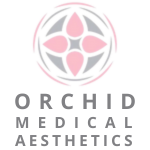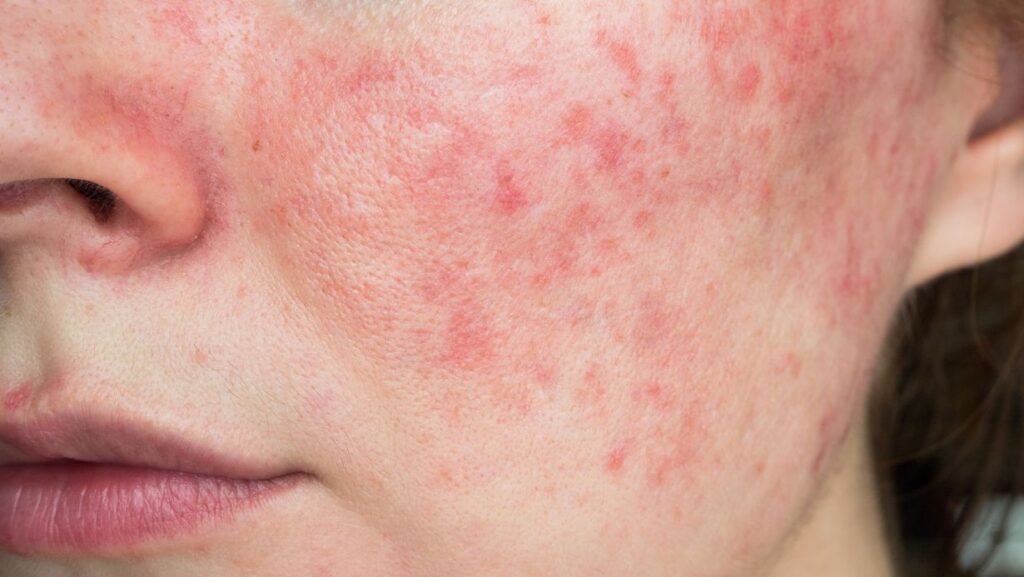Rosacea Overview
Rosacea is a common chronic skin condition that tends to affect the face.
The most common symptom of rosacea is persistent flushing of the skin, permanent redness, visible blood vessels underneath the surface of the skin, a burning and stinging sensation on the cheeks and in the most severe cases, thickened skin around the nose (rhinophima) and on the cheeks and irritation around the eye area.
Generally, patients are told to avoid known triggers for their rosacea and to make the appropriate lifestyle changes to reduce symptoms. In most cases, this involves avoiding the sun and using sunscreen daily. Other triggers include stress, certain foods and drinks, namely spicy foods and alcohol. Cold weather may also cause symptoms to flare up.
Over the counter topical and oral medications are usually the first lines of treatment if lifestyle changes have not been effective in controlling rosacea. Individuals with mild rosacea are usually treated with topical treatments, while individuals with moderate to severe rosacea are usually treated with a combination of topical and oral treatments prescribed by a medical practitioner.
Individuals with vascular rosacea, which tends to include symptoms such as flushing, redness and thread veins, can often be successfully treated with laser or IPL treatment. Laser and IPL machines both produce narrow beams of light which damage the widened red veins, causing them to shrink and become less visible or disappear entirely.
A more surgical approach is also an option for individuals with severe rosacea that have developed thickened skin, including dermabrasion, carbon dioxide (CO2) laser treatment and surgical removal of the thickened skin using a scalpel.
Rosacea Treatments
-
- Chemical Peels £50 – £150
- XEO Laser Genesis £90 (5 STAR ‘GO TO’ TREATMENT)
- Dermalux light therapy £35
- Specialist skin creams From £90
Gallery



